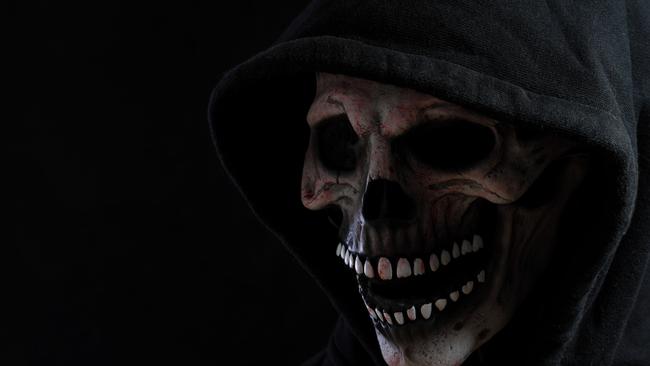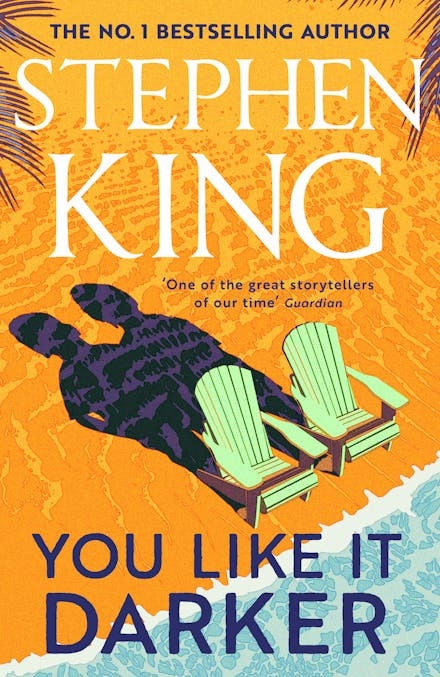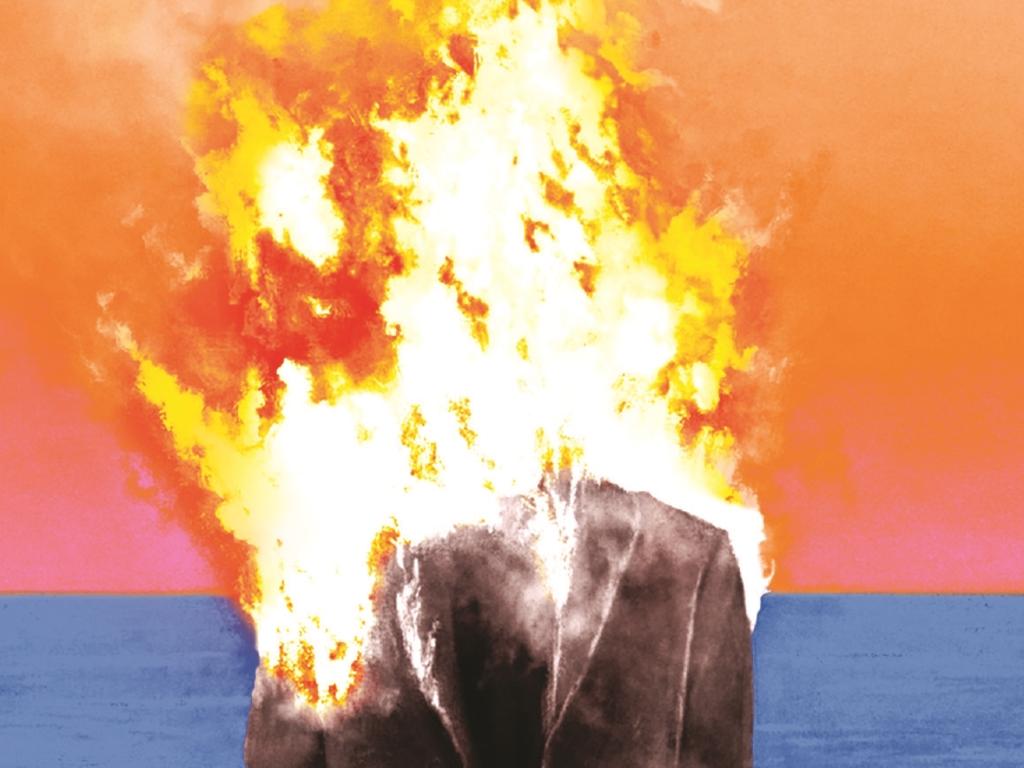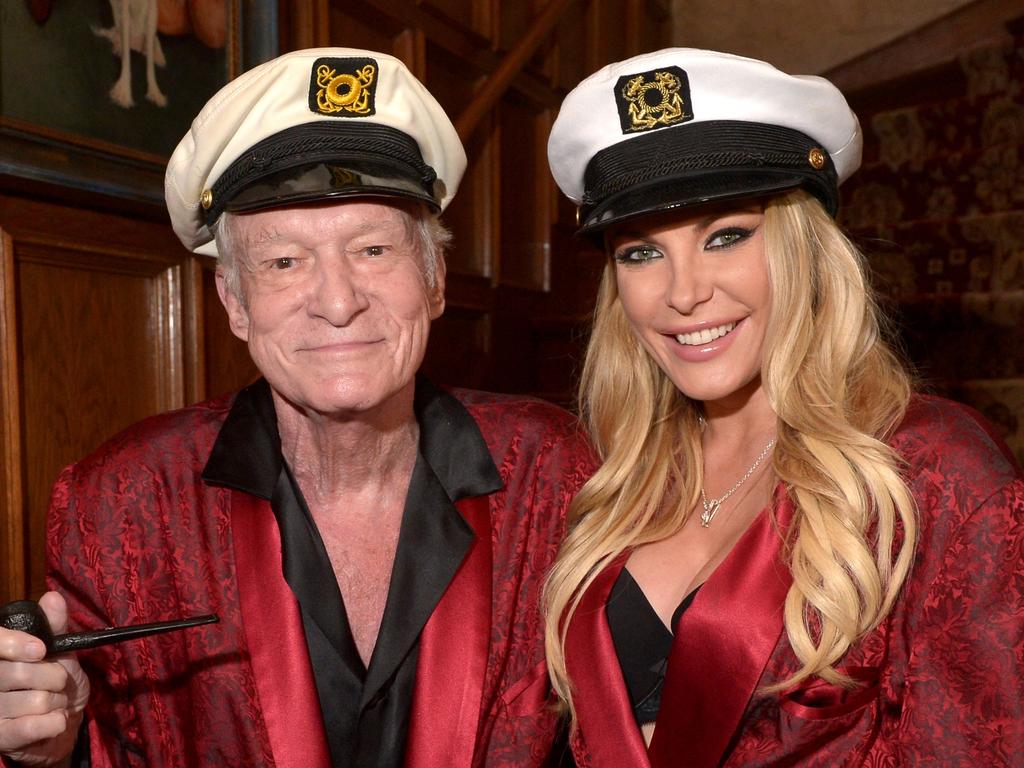Stephen King: all the pretty horrors
Stephen King insists in his new collection of short stories that he’s no Cormac McCarthy but Jack Marx sees similarities.

His books, movies and TV shows are sold to us as coming “from the mind of Stephen King”, as if there are products from some other parts of the author’s anatomy that we don’t find quite so palatable. It’s true enough – King has squirted out some stinking cables in his time, but that’s the deal with a guy who appears to write in his sleep, the prolific 76-year-old author having published a novel for every year he has been alive since the age of 10, and 200 short stories besides.

Famously despised by the literati, who howled their disapproval when he was given the Medal for Distinguished Services to American Letters in 2003 (Howard Bloom shrieked from the Los Angeles Times that the National Book Foundation had “stooped terribly low” to bestow the award on such “an immensely inadequate writer”), King is regarded by the chin strokers as the McDonalds of letters – Burger King, if you like – because he sells more than Annie Proulx and tampers with humankind’s most cheaply-accessed vein: fright.
The scaries don’t get much of a look at awards time. A notable recent exception is Han Kang’s The Vegetarian, which won the Man Booker International in 2016, the first horror novel to do so in recent memory.
Like Misery, King’s most un-supernatural novel by far (and thus his most well regarded), The Vegetarian deals with a real-world, flesh-and-blood problem that descends into madness and violence. One could argue (and, for sheer self-entertainment, I do) that if your name’s not King but Kang you’ll get a gong, and something about that’s just plain wrong.
You Like It Darker is a collection of short stories written recently by the American master of horror. This may not be the best place to start for one who has never read King, but the afterword, on page 481, in which King explains his reasoning and process, is as nourishing an author’s extrapolation as any published, and is a great appetiser for the stories that precede it. Here, we see King hanging himself out to dry, revealing that his critics might have a point after all. Addressing his high-speed output, King muses:
“The only drawback … is that the execution has never – no, not one single time – been as splendid as the original concept. The only two times I even came close to getting it all were in two prison stories: The Green Mile, and Rita Hayworth and Shawshank Redemption. All others fell short of what I wanted for them. Even with long novels such as It, The Stand and Under the Dome, I finished with a sense that a better writer would have done a better job.”

What an incredible admission from a man whose writing has convinced people to buy more than 400 million books. Imagine Steven Spielberg declaring his movies would have been better had someone else directed them, or Colonel Sanders bemoaning that one of greater military rank might have made tastier chicken.
But King isn’t exactly selling himself short. His admission is that he’s an ideas man, more so than a technician, the kernel of a plot coming to him as he’s going about his day-to-day business, and, from there, “I rarely know the details … or how the stories are supposed to finish up”. Most writers let those imaginings drift, trusting that the worthy ones will remain in the mind the next morning. King goes straight to his keyboard. The result is that some of the stories in You Like It Darker have a slightly stillborn feel about them. The Turbulence Expert is one such tale, a cute idea that suffers a little from its neat explanation at the end, the instructive dialogue seeing King becoming something of a late-night TV salesman, pitching the product and all its moving parts. Like Roald Dahl, King needs the supernatural to make some kind of earthly sense – unless its pure evil, which never requires a permission note.
Danny Coughlin’s Bad Dream is better, the simple “what if” premise being whether dreams can solve mysteries our waking minds cannot. The question gives King licence to hit the accelerator for nearly 50 exhilarating pages, and one gets the impression this was a novel that was interrupted by sheer exhaustion, King realising he couldn’t possibly keep the pace for another 550.
But the most fascinating story in this collection of a dozen is The Dreamers, a nightmarish catalogue of psychological experiments gone wrong. King has revealed in interview that his inspiration for the story was the work of Cormac McCarthy – like Hunter S. Thompson typing out The Great Gatsby because he “wanted to get the feeling of what it was like to write a great book”, King decided to have a crack at McCarthy’s style, concluding: “I simply do not have his talent.”
That’s humble, but it’s not strictly accurate. The Dreamers alerts us to the uncomfortable truth that King and McCarthy have a lot in common. Both believe in evil as a true force. For McCarthy, it is born of a rotten human heart. King supposes evil as a cosmic energy, like gravity, an ancient, thinking parasite that infects the innocent and the guilty alike. That’s for starters.
But both King and McCarthy have a genius for observation, for spying on the little things that make a landscape creep. “There were quilting bees that merged into baseball games,” King writes, describing the murals that adorned the walls of a small-town civic building, “baseball games that merged into caricatures of long-gone Harlow residents, scenes of spring planting and fall reaping”.
That’s King, and not in the story that’s aping McCarthy. How close they are.
The idea of an ante-universe, one that mirrors our own in the worst possible fashion, has some traction today in the popular arts – Netflix’s Stranger Things is built upon it. King can take credit for that. In his world, sinister things have always been curdling in some ugly subterranean sea, just waiting for one of us to screw up so as to allow the bastards to come out and breathe. That, and not literary craftsmanship, is King’s gift.
“The Leonard Cohen song from which I got the title of this book is You Want It Darker,” King writes. “Apologies for changing the verb.”
At least King knows what grammar is, God bless his dark heart.
Jack Marx is a writer and literary critic. He resides in Broken Hill.






To join the conversation, please log in. Don't have an account? Register
Join the conversation, you are commenting as Logout